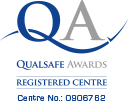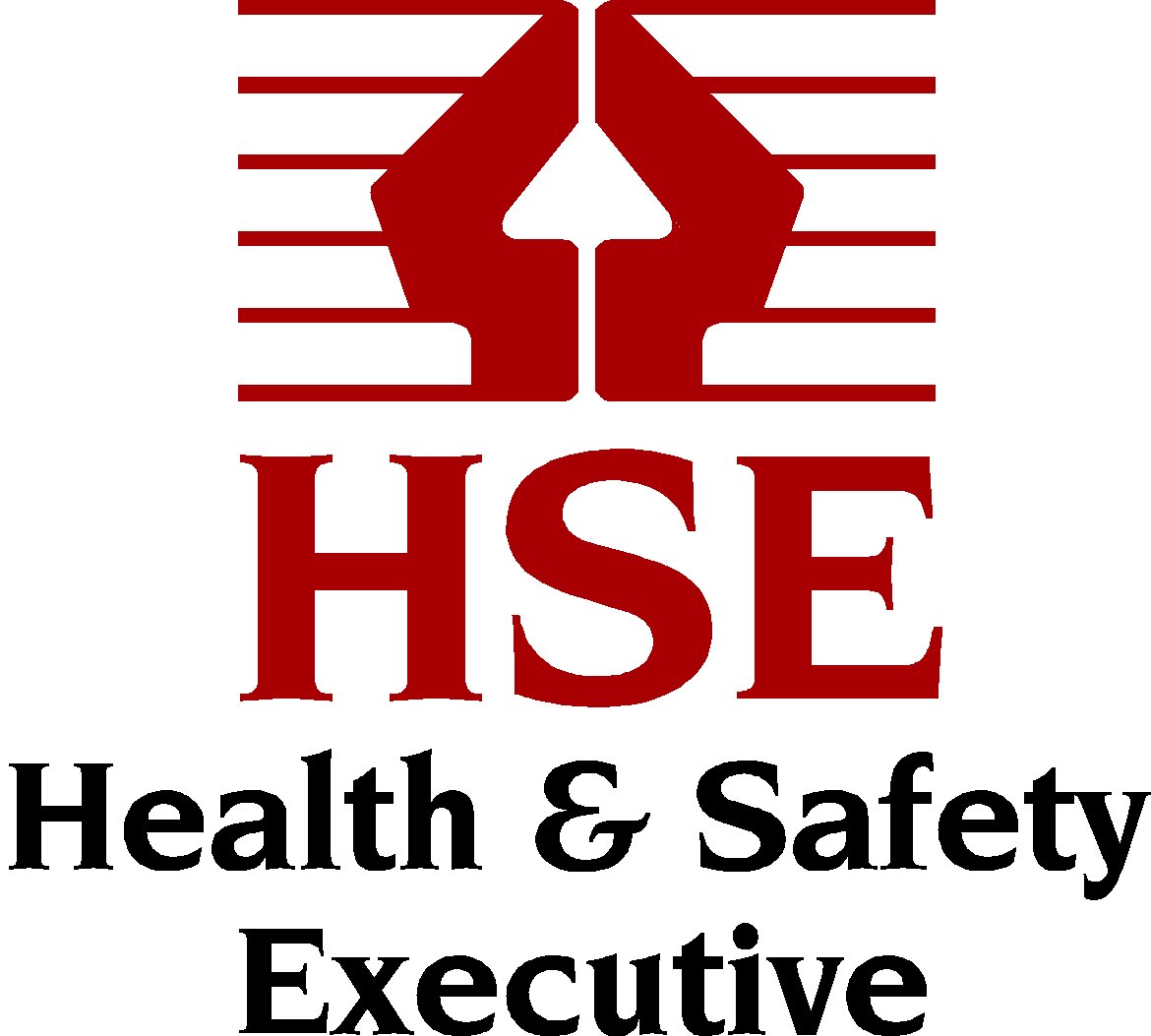Crisis Management for Civilians
When the unexpected happens
In planning for–or reacting to –the unexpected, your people need the skills to balance risk with resilience. We can create a bespoke course that addresses your organisation’s unique needs.
At GroundTruth we have over 20 years’ practical experience in managing complex international crises in fluid and dynamic environments.
Our experience ranges from responding to public health outbreaks, dealing with the aftermath of natural disasters and aiding deployed organisations/individuals who are facing difficulties.
As part of our broader consultancy services we have channelled our knowledge into providing experiential crisis management training for operational teams who are tasked with responding and operating in a crisis situation.
Our courses are bespoke, specifically designed for your organisation, the context you work in and the way in which you operate.
No two crises are the same and so we focus our training on getting crisis teams to work in a coordinated way, communicate effectively, prioritise tasks and respond flexibly to a range of demands and challenges.
We have provided training to both UK government departments as well as the governments of Canada and Sierra Leone, delivering programmes around the world.
Examples of bespoke training designed and delivered in the last 12 months include:
Crisis Leadership – Making the transition from normal everyday operations to crisis mode can be hard to manage. We know that you are good at your normal business day – what you planned for, what you expect and what you budgeted for, but how are you at dealing with the unknown in fast moving and dynamic environment where the demand for information is high but the supply is low? Our leadership training is aimed at those who will direct crisis operations, focussing on team dynamics, critical-decision making, managing information and communications.
Crisis Management Workshops – Designed to raise awareness of the skills and knowledge to form an effective crisis management team at an EU Embassy, these workshops focussed on understanding information flows, how individuals behave in crisis, utilising crisis management processes and systems, and dealing with the public.
Semi–Live – A 24 hour semi-live exercise designed to test a client organisation’s response to a terrorist incident in a European city, involving both the Global HQ team and the country Office affected. With the aim of reviewing and testing the organisation’s preparedness and response capability, the exercise also tests the robustness of the HQ support element in facilitating coordination, both internally and externally.
Live Deployment Exercise – A 48-hour exercise for rapid deployment teams, designed to provide members with a range of realistic, stimulating, challenging activities in response to a crisis scenario. The exercise involves setting up an operations centre, visiting hospitals and mortuaries, managing information, dealing with distressed families and relatives, liaising with local authorities, assisted daparture and repatriation. The deployed team interacts with a large group of role-players that present a range of issues to deal with – emotional, cultural, religious, ethnic and vulnerabilities.








